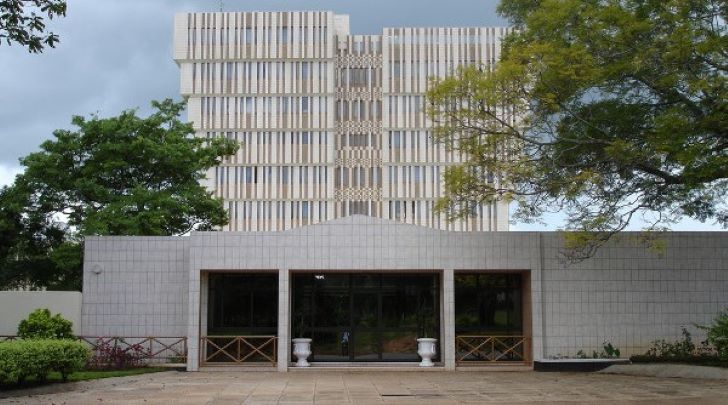
RBM’s Devaluation Stance: Navigating Currency Risks for Malawi’s Business Growth
Key Business Points
- The Reserve Bank of Malawi’s (RBM) decision to resist devaluation of the kwacha is seen as valid for stabilizing expectations, but economists warn that it may prove unsustainable without strong fiscal reforms and export-led growth.
- The country’s limited foreign exchange reserves, enough to cover just 2.1 months, leave the kwacha exposed to shocks and market pressure, emphasizing the need for decisive reforms and transparent foreign exchange management.
- Economists recommend that the government focus on export diversification and value addition, particularly in higher-value agriculture, processed goods, tourism, and minerals, to stabilize the forex situation and promote economic growth.
The Reserve Bank of Malawi’s (RBM) decision to hold off on devaluing the kwacha has been broadly supported by economists, who see it as a move to stabilize expectations and reduce anticipated inflation. However, they caution that this policy may not be sustainable in the medium-term without strong fiscal reforms and export-led growth. The country’s limited foreign exchange reserves, enough to cover just 2.1 months, leave the kwacha exposed to shocks and market pressure.
According to Economics Association of Malawi president Bertha Bangara-Chikadza, the RBM’s stance is valid, but it must be matched with decisive reforms, including transparent foreign exchange management, export-led growth policies, and accelerated debt restructuring. She emphasized the need for export diversification and value addition, particularly in higher-value agriculture, processed goods, tourism, and minerals, to stabilize the forex situation and promote economic growth.
Scotland-based Malawian economist Velli Nyirongo agreed that the RBM’s message is aimed at calming the market and discouraging speculative behavior, but questioned the sustainability of maintaining the exchange rate on donor inflows alone. He stressed the need for the government to focus on export-oriented projects, including mining, to stabilize the forex situation.
Mzuzu University economics lecturer Christopher Mbukwa described the decision to hold off on devaluation as "socially sound", but economically fragile without structural changes. He emphasized that the decision to hold off on devaluation will only pay dividends if the government expedites reforms to boost exports.
The economists’ remarks come amid continued volatility in the parallel market, where the kwacha is trading between K3 500 and K4 500 against the dollar, more than double the official rate of K1 751. While the RBM projects improved donor inflows and compliance from banks will restore market order, analysts argue that credibility will depend on how quickly the government translates optimism into action. As mphindi (investors) and wafipa (business owners) in Malawi, it is essential to monitor the government’s progress in implementing these reforms and to kuthandiza (support) policies that promote economic growth and stability.
What are your thoughts on this business development? Share your insights and remember to follow us on Facebook and Twitter for the latest Malawi business news and opportunities. Visit us daily for comprehensive coverage of Malawi’s business landscape.
- Navigating Malawi’s Fiscal Crossroads: Strategies for Business Resilience Amidst Rising Debt - January 29, 2026
- ACE Africa Taps Seasoned Expert Muona to Spearhead Growth and Drive Business Momentum in Malawi - January 29, 2026
- Navigating Turbulence: How Fuel Price Volatility Impacts Malawi’s Business Landscape - January 29, 2026
